

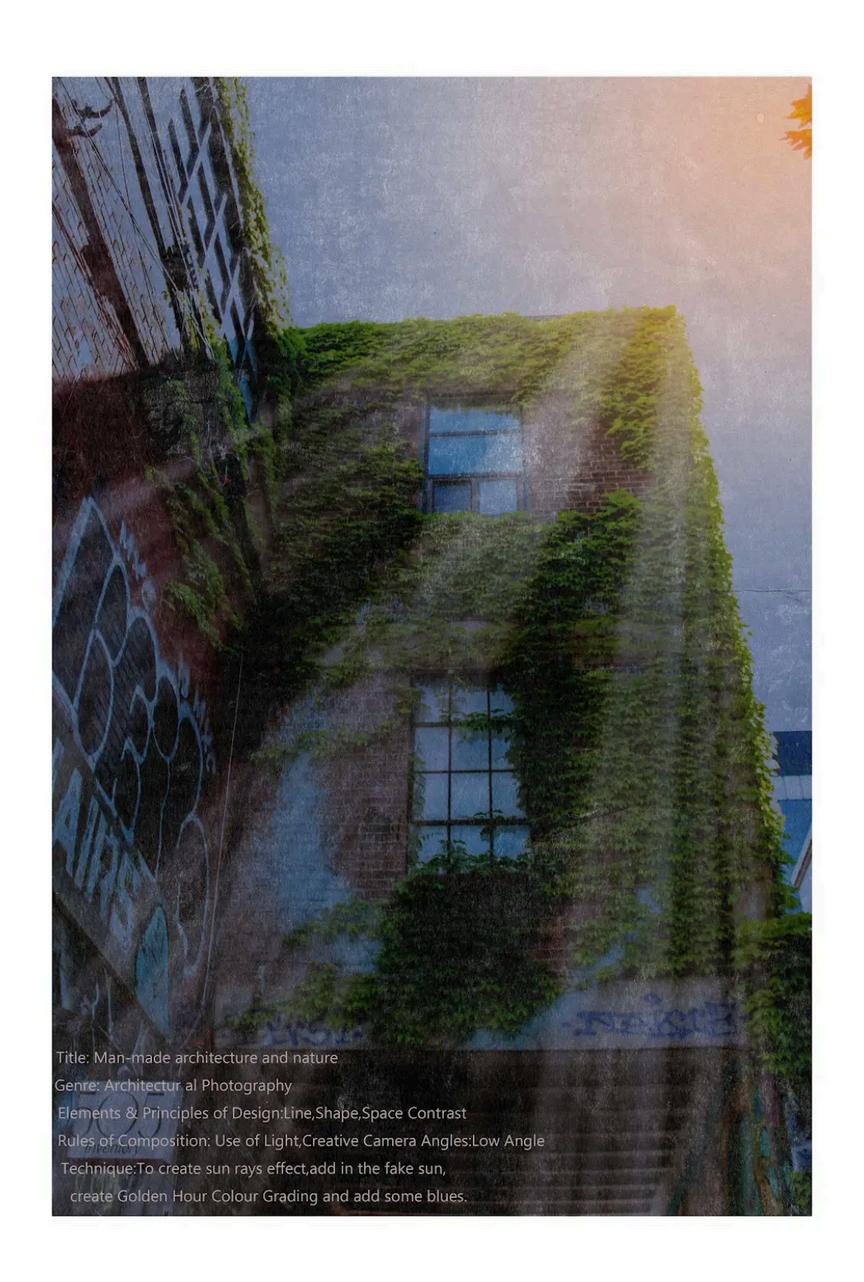
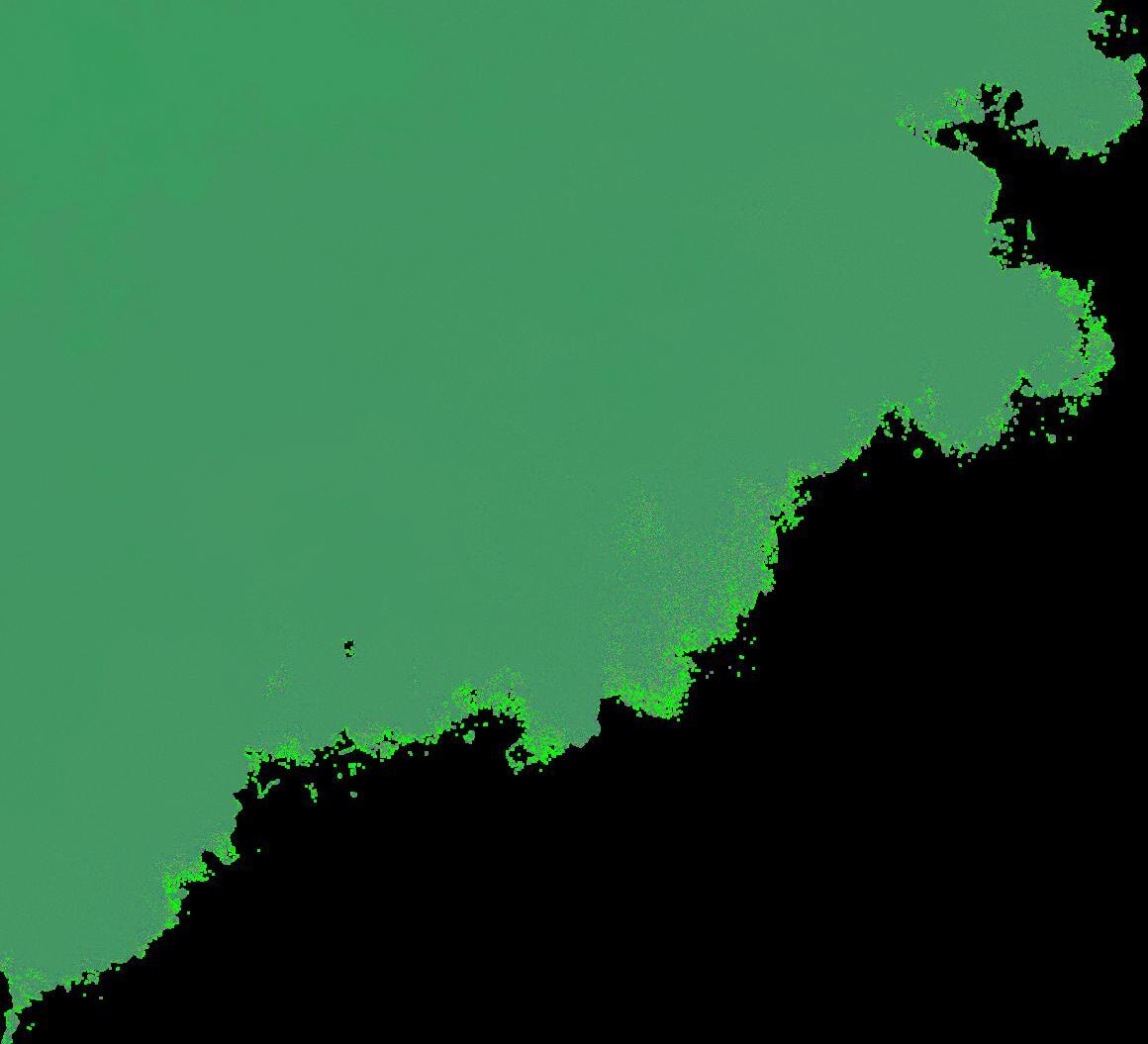





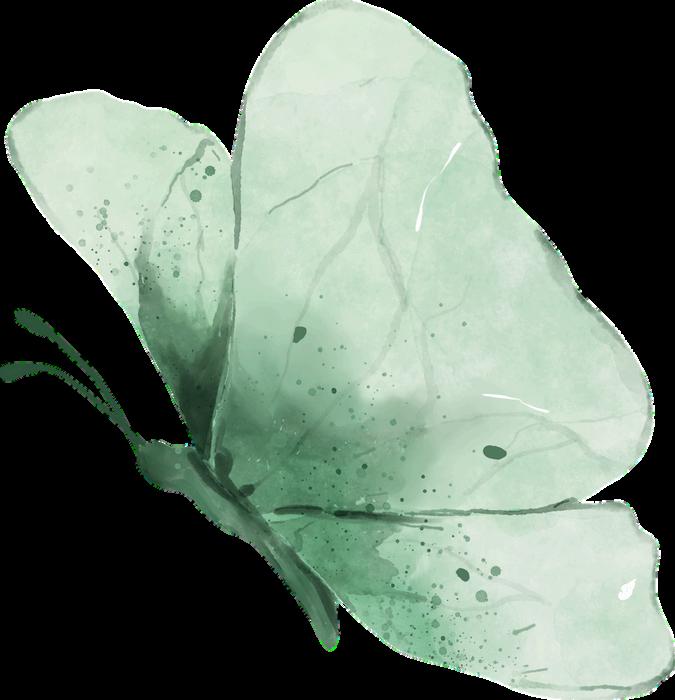

Hello everyone, We are so excited to release the second edition of The Cardinal, and showcase the creativity, talent, and intellect of the Bishop Allen students. As the springtime flowers bloom and finals loom, we wish everyone strength in persevering through the rest of the semester and the final weeks of the cold. Thank you to all our wonderful peers who submitted, as well as Ms. Conroy, our teacher moderator. We could not do this without you! We hope you will enjoy this wonderful compilation of student work.
Sincerely,
Angelina, Charlize, Pietra, and Grace

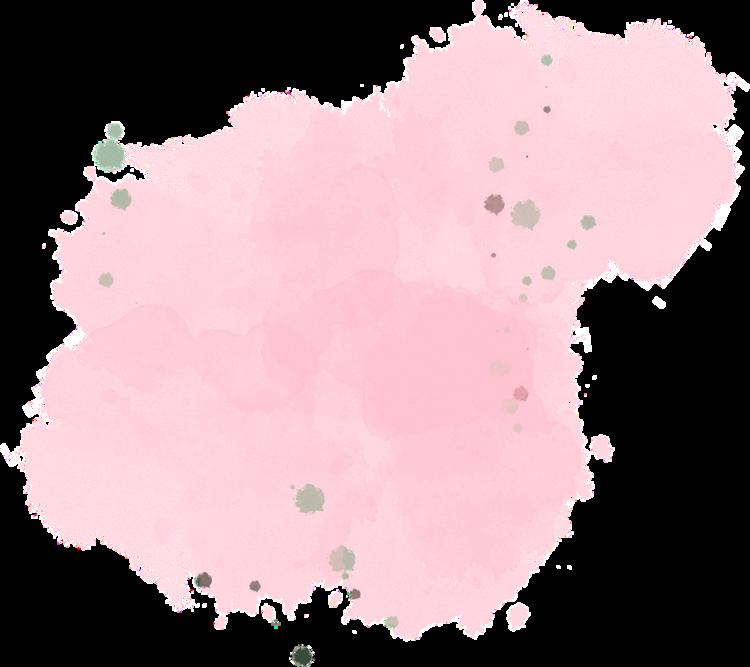
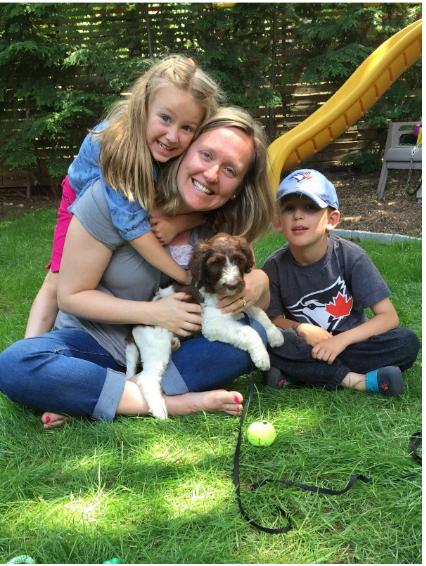
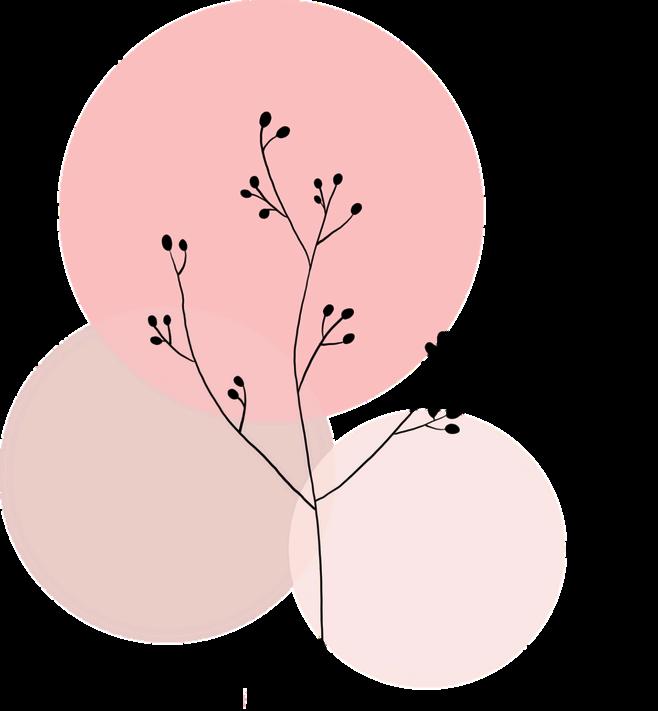
My old backya y childhood. The glass sliding door in the kitchen was a portal to a land of wonder. The long strip of grass was where any game could be played, a gateway that inspired imagination. The great pine tree was a guardian of the backyard, a towering and ancient figure that gave the gift of shade from the burning summer sun. The swing attached to the tree was like a rocket ship, a simple rope swing, whose wood smelled like a relaxing cottage, where I could blast off and swing from one side of the yard all the way to the other. The hammock was comforting, rocking me to sleep on the most exciting of days. Finally there was the pinnacle of the backyard the play structure. There was the enormous slide, and the lookout tower on the top. There were even monkey bars! It was a towering castle made purely for entertainment and joy.


jump from the deck down to the grass, taking flight before coming to a soft (or not so soft) landing. It wasn’t too far of a jump, but it was still dangerous enough that we had to make sure our parents weren’t looking, leaping across the yard like the stealthy ninjas we believed we were. No matter the day, rain or shine, summer or winter, clear or fog, we would always be in the backyard.
Most vividly I recall the day we first adopted our dog. On a sunny summer Saturday, we took the scenic drive through the countryside to the breeder. I walked into the house, a den filled with tiny and delightful puppies. The floor was a sea of little labradoodles, and I was afraid I’d step on one of them. After taking in the scene I began to search for the dog we had chosen, “turquoise collar puppy” as the website had listed him. Although I called him, the name I proudly had the responsibility of choosing, the most generic dog name in existence, but one that endures in its charm, Buddy. The drive back was both more and less tolerable. Buddy was extraordinary. He made the rolling hills look dull and lifeless, but at the same time it was hard to hear him whimper so much. However my mom was there, cradling him the same way she must have done with me as an infant, and quieting the little beast. Once we got home, Buddy was electric. He was inspired, charging through the backyard with the vigour of a lion and lacking the grace of a gazelle. Most puppies are scared when they get home for the first time, but not Buddy. The backyard became home to him immediately, and I began to see the confident canine I would learn to know so well. It was difficult for my parents to wrangle Buddy for a photo, but after a few minutes, my dad managed to capture the picture you see above. I remember being so enthralled that I spent that entire day until sundown playing with Buddy in the backyard. 3


Buddy fit in perfectly to the backyard. Some days he didn’t even need a walk; he could simply run in circles around the yard, chasing squirrels, and galavanting around causing all kinds of mischief. He started to grow fast, turning from a fragile and energetic puppy to a gentle giant, the most well-behaved and courteous dog I’ve ever seen.
However my backyard changed, as everything did, in the winter of 2015, when my mom was diagnosed with cancer. As the bushes in my backyard slowly died in the winter, so did she. Stomping through the patches of orange leaves became timidly walking down the orange tiles of the hospital floor. Suddenly the stretchy grilled cheese sandwiches my mom made, were replaced by the stale grilled cheese sandwiches of the Tim Hortons in the hospital lobby. As the shrubbery in my backyard recovered in the spring, she did not.
I don’t remember playing in the backyard after that. I’m sure I did, but it was never the same. The colour had drained from the lively backyard the same way it drained from my dad’s vibrant smile. The magic of the backyard had disappeared as quickly as it was conjured up. The monkey bars began to rust, the screws came loose on the lookout tower, the pitching machine broke down, and the ropes on the swing gradually unraveled and fell apart. Even Buddy no longer spent his time in the backyard. I have the vivid image of him lying down on the hard wooden floor that sat before the front door. He waited there for hours a day, without moving an inch. He was waiting for her to come home, the same way he would wait in anticipation every afternoon when she’d come home from work. Even through his distorted canine features I saw an intensely human frown curl across his lips when his little brain slowly realized she wouldn’t be coming home. Man’s best friend, even in death. 4


After a few years, we moved houses. Our new abode was a townhouse, somewhere noticeably without a backyard. There was no longer a place in my life for the symbol of all that was innocent in the world. I said goodbye to the old backyard. All of the warm, fuzzy, and truly beautiful moments that happened in that backyard had become just memories. I had to leave all of that wonder that I once felt behind, in that truly magical place that lives on in my mind.
Buddy never minded the lack of a backyard. Without his former puppy energy, he handled the smaller space well. As ridiculous as it may seem he was a source of immense support in those trying times. Every time someone in my family was sad he could always sense it, in an almost supernatural way. Buddy wagged his half-brown, half-white tail wider than any dog in the world. His fur was somehow straight and curly at the same time, and undeniably soft and fuzzy. The little kisses he planted on our hands saved me and my dad from many nights of woe.
Unfortunately, after a few years Buddy was diagnosed with an illness of his own, and soon he succumbed to kidney failure. It was difficult to watch him slowly deteriorate from the strong, and capable companion he once was, into a sickly and skinny pet, a shadow of his former self. The last relic of the old backyard was gone.

The photo I used holds a special place in my family. It’s my dad’s favourite picture, and is still my Grandfather’s wallpaper eleven years after it was taken. It captured the best of times, right before tragedy struck. It occured to me while writing this essay that I could choose to see it as a representation of all I’ve lost. It puts on full display my mom, Buddy, and the old backyard. Although that’s not the way I look at this photograph. I choose to remember the backyard not as the rusty and brokendown place it became, but as the embodiment of all I thought was loving in the world. I choose to remember Buddy, not as the bone skinny and timid dog he became in his final weeks, but as the rapid, fluffy, and comforting canine that I first saw in the backyard. The same way, I choose not to remember my mom as the pale and sickly woman I barely recognized in the hospital bed, but instead, as the tall, confident, playful, and incredibly loving woman she was in the backyard, the setting for the vast majority of my memories with her. Nothing good is perfect, but just as much, nothing is completely terrible. There is always hope in tragedy. Although all good things must come to an end, I’m glad I was able to have the experience of my backyard, and I’m even more glad at who I got to spend it with.

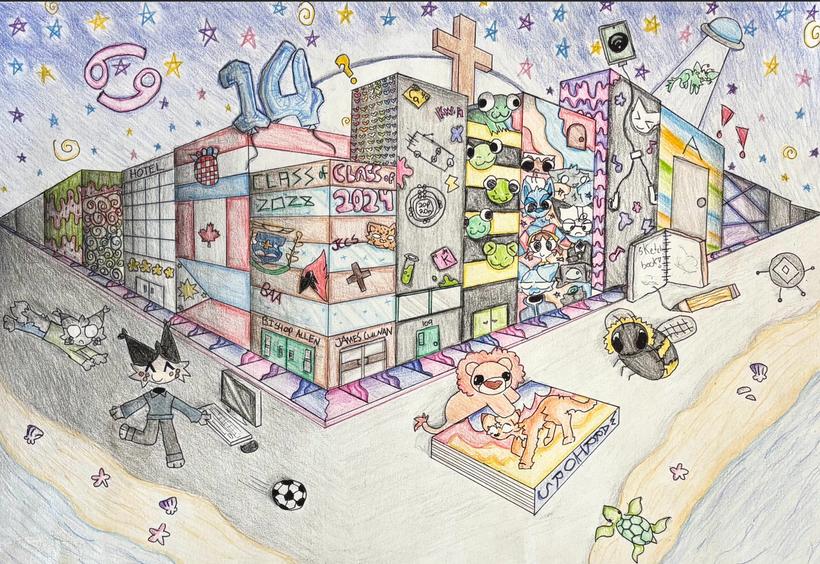
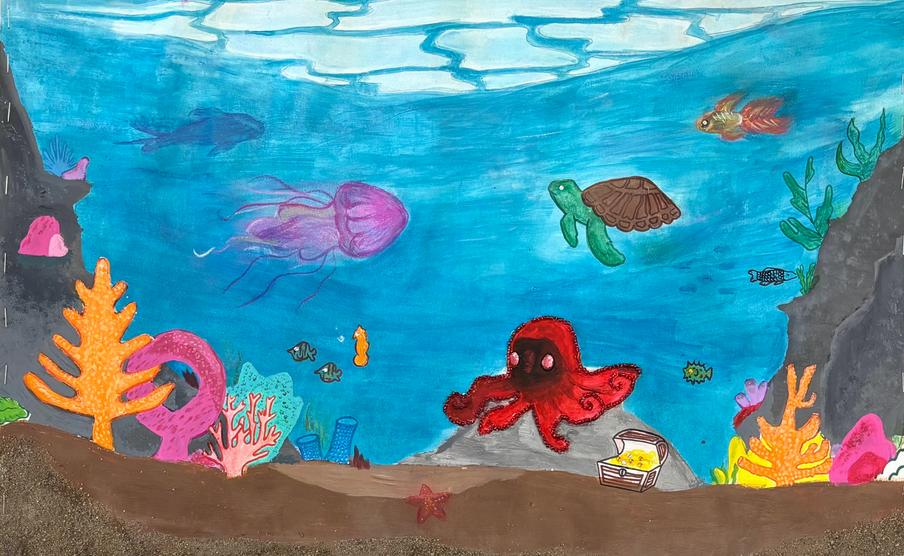
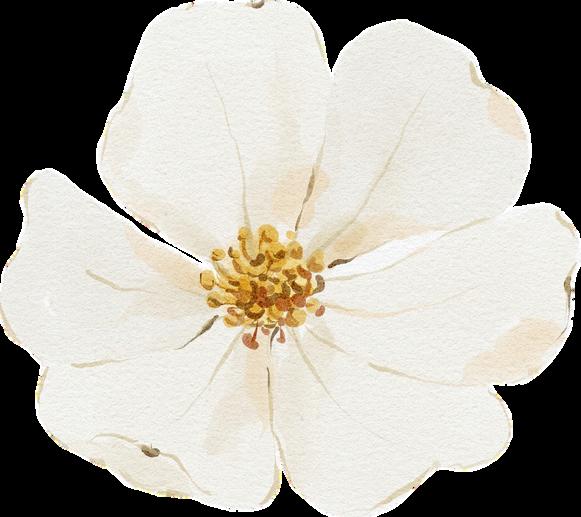
By Zephyrus Cutajar
Feet planted to the ground, almost stuck
I can’t help but stare at the door before me, At the handle I’ll have to grasp someday
But it’s not fair. I don’t want to leave. I was put here against my will, Staring at the door.
If I stay, I’ll grow old and die here
But if I go, I’ll never see this again.
Why hang on?
Everything on our side is changing anyway. If I could just freeze this moment I would I just want my mom and dad. But they can’t go open the door for me, Can’t walk through it with me
I’ll just stare at the door. Maybe one day, I will be ready. When my chest doesn’t feel so heavy, And I don’t break down at the thought of what is beyond.
I’m so scared
Can’t you see?
I’m still just a child
Then again, I guess we all think that way.

Hear the raindrops drumming lightly on the rooftop over head, the intensity slowly quickening as I lay warm, tucked in bed.
A storm is surely brewing; lighting? Maybe thunder?
My focus begins to falter, and my thoughts subside down under. Where there was once worry, now peace, no memories, no pain, an unsettling stillness, oh how I love the rain.
Serenity floods my mind as fantasy soon creeps through, I’m soon enveloped by an ocean, the promise of something new. In the depths of the waters I find myself afloat, neither swimming nor sinking, nor resting upon a boat.
As I drift in solidarity, I am nothing more than an observer, the waves delicately crashing as I continue to glide further. Where others are apprehensive, I find I can’t relate, I feel comforted and embraced, these feelings rather innate. It is not the aloneness I fear, for my thoughts are a fulfilling matter, But rather opening up my heart for the unsuspecting to shatter.
So for now I lay still, entranced by the rain, In a realm full of dreams, for now I can’t complain.
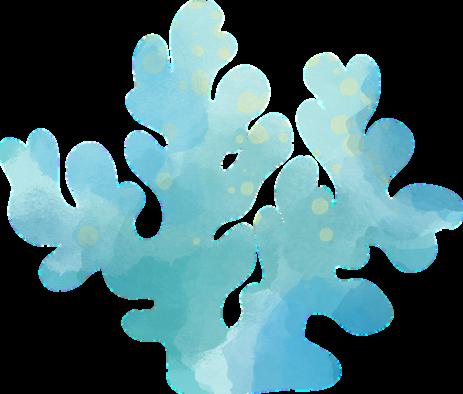
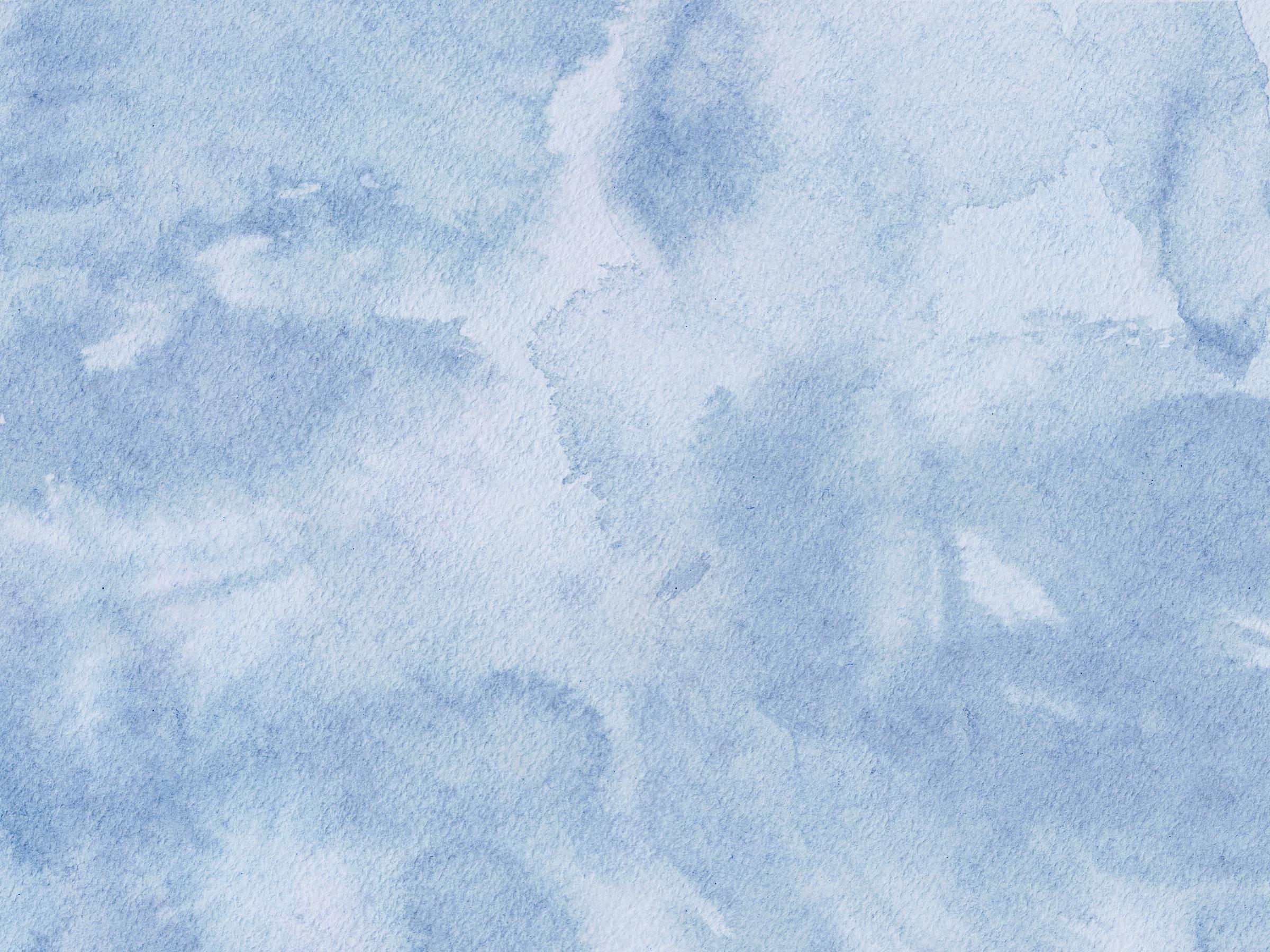
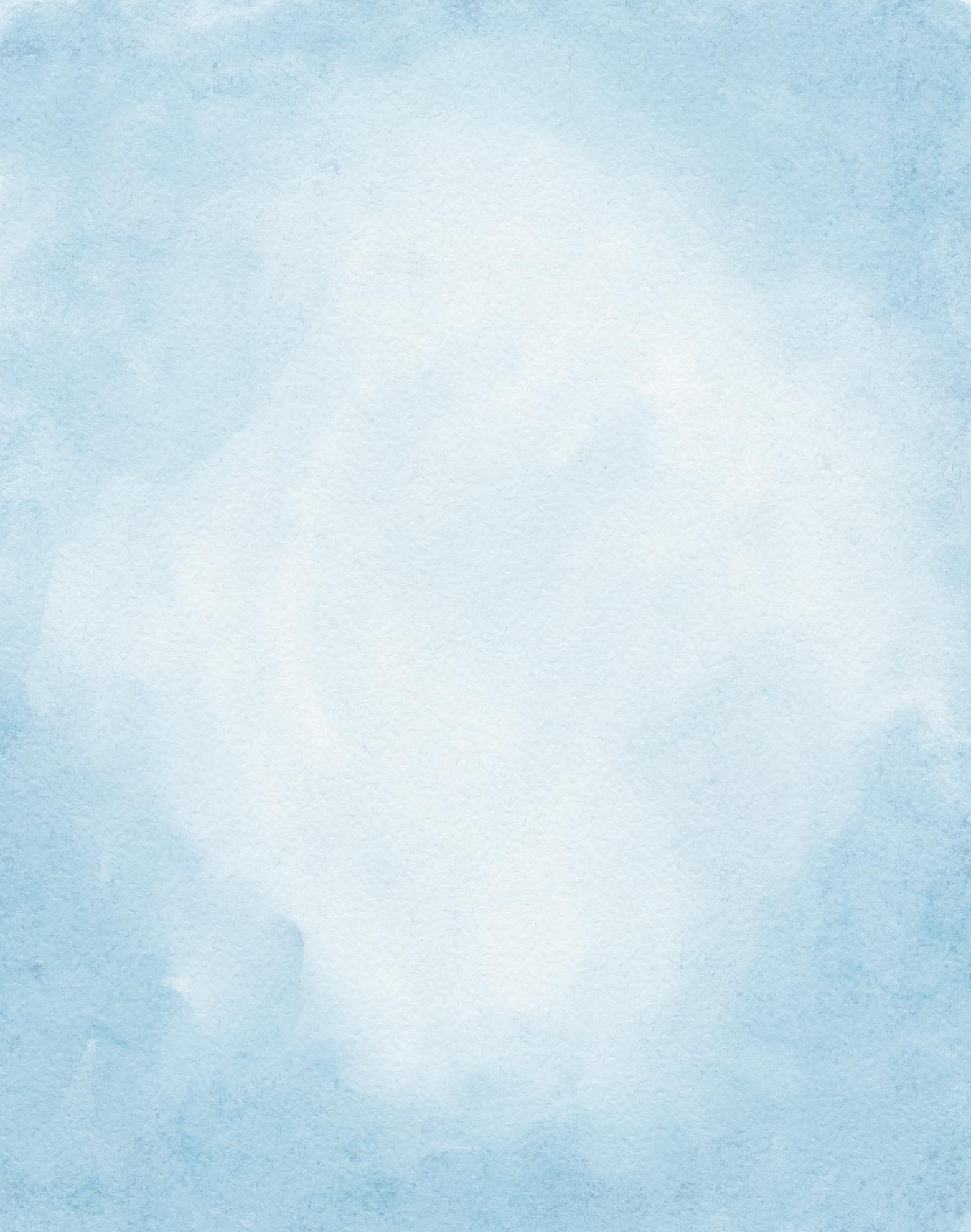
The next time the two met, it was under a similar storm. By then, Leonidas had grown to enjoy Eumelia’ s light, admiring her sparkling personality and the companionship and solace she brought. This time, neither of them even realized when the rain ended, their conversation continuing on for what felt like an eternity. It was at this moment, they realized their love for each other, finding in one another what they had been missing all their lives. Their happiness, however, was short-lived. Eumelia’ s mother would never allow such a union, so they were forced to continue to meet in secret. The rain provided them with a privacy no other thing could, hiding their faces and voices with each heavy drop that hit the ground . The mountain provided solitude, where nobody, and especially not her mother, could reach them. The two continued on meeting like this for months, growing closer and closer with each storm. But one day, it rained so much, the day turned to night, and the two fell asleep.
By dawn, Eumelia’ s mother had begun to grow worried, and set out to find her daughter. She searched and searched and to no avail. She couldn’t find her daughter. When she finally reached the base of the mountain, she began to climb. Once her mother reached the top of the mountain, she saw a scene she thought would only live in her nightmares. She screamed, waking both her daughter and Leonidas up. Realizing what was happening, Eumelia shot up, rushing to try to explain herself to her mother, but it was too late. Still fuming with anger she yelled, declaring that Eumelia would be taken somewhere far away, where she would never be able to see Leonidas again.
They both protested, but it was too late; her mother’ s mind was decided. She took Eumelia far, far away, never to see Leonidas again, but that didn’t stop them from trying to find one another. For each time the sky brought rain, they were reminded of each other, and from that point on, the two used the storms as opportunities to find each other. Eumelia, shines her light to look for him while Leonidas yells her name, loud enough for the Gods above to hear in an attempt to reach her. However, they never find one another; their calls missing each other by a matter of seconds.
But they never gave up, and with each storm the Gods would provide them, they would use it as an opportunity to find each other, their hopes never faltering. So now, whenever there’ s a storm, don’t feel frightened by the thunder and lightning; remember Leonidas and Eumelia as their tale echoes through the ages. The two star-crossed lovers whose love cannot be contained any more than thunder and lightning.
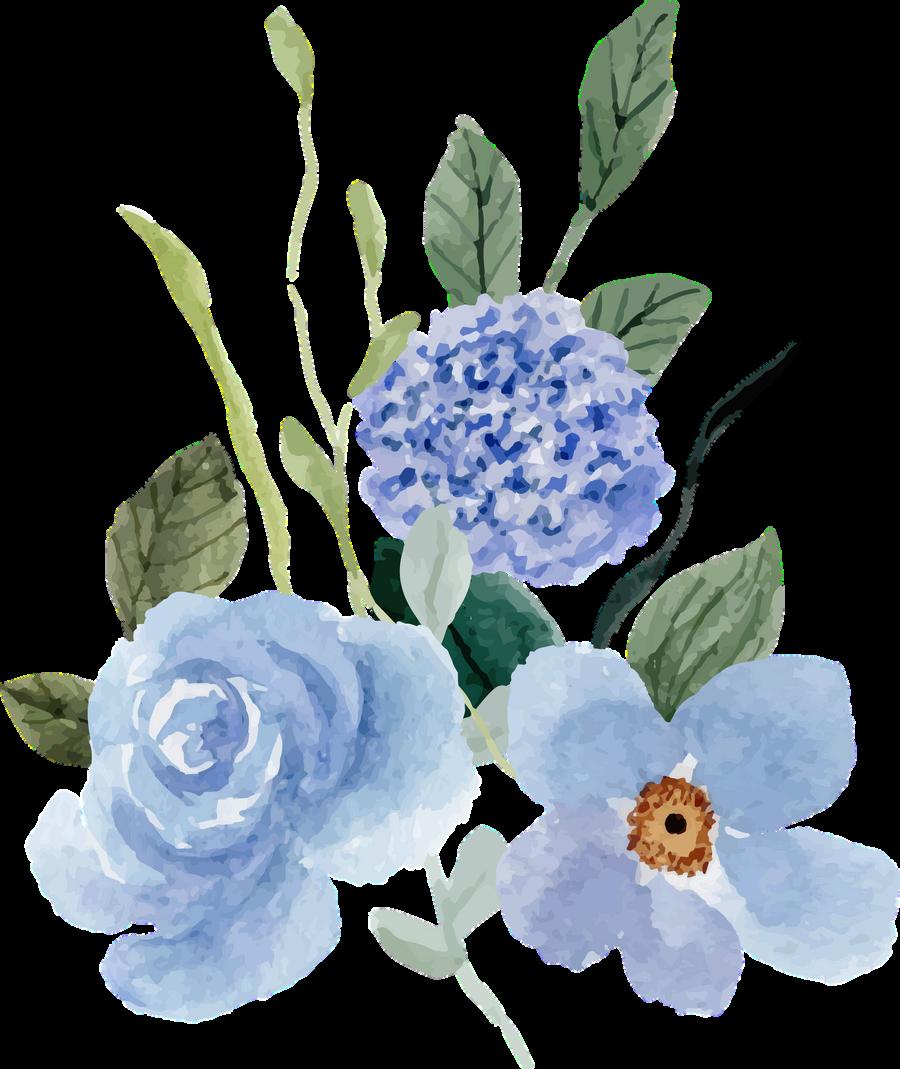
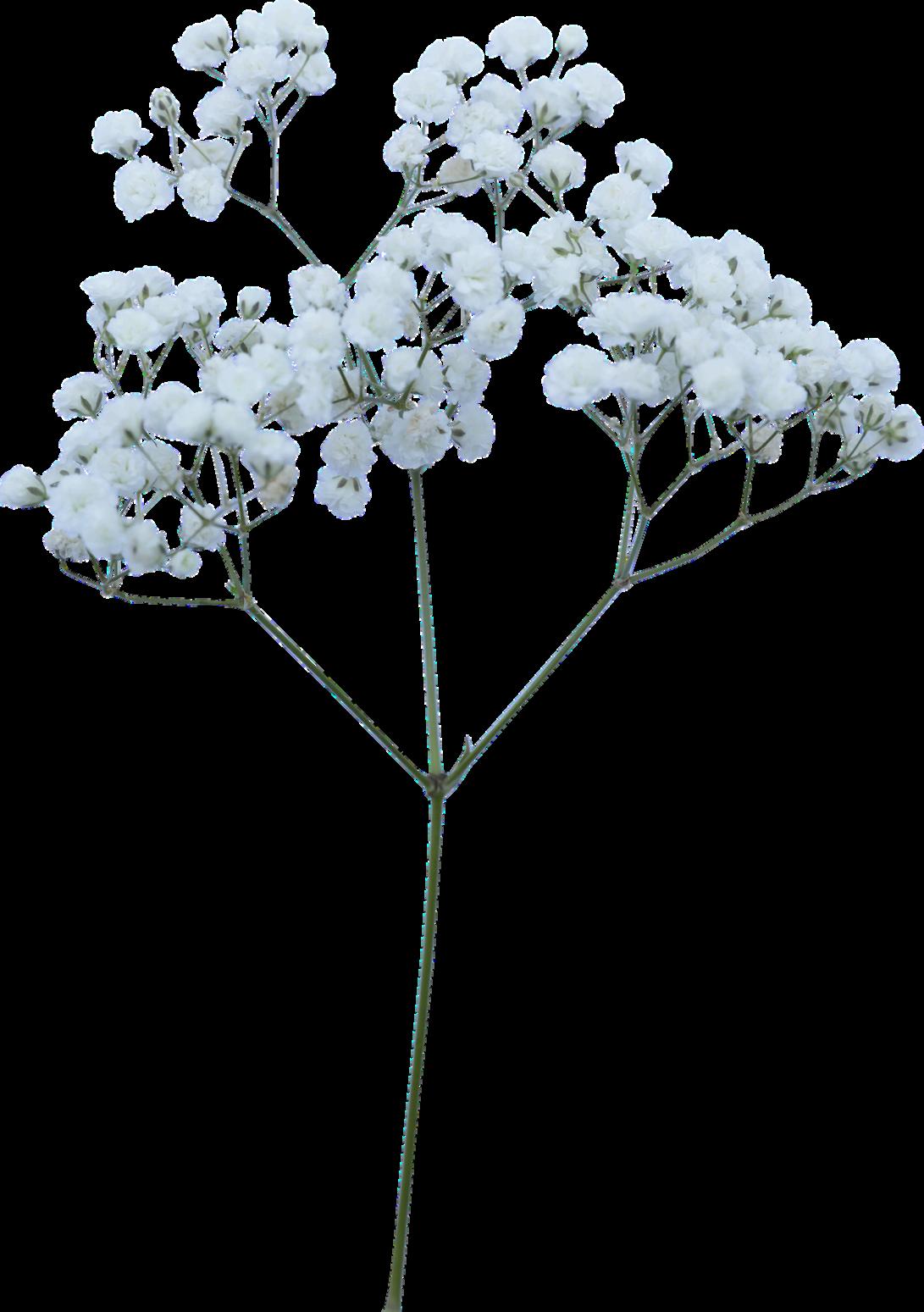

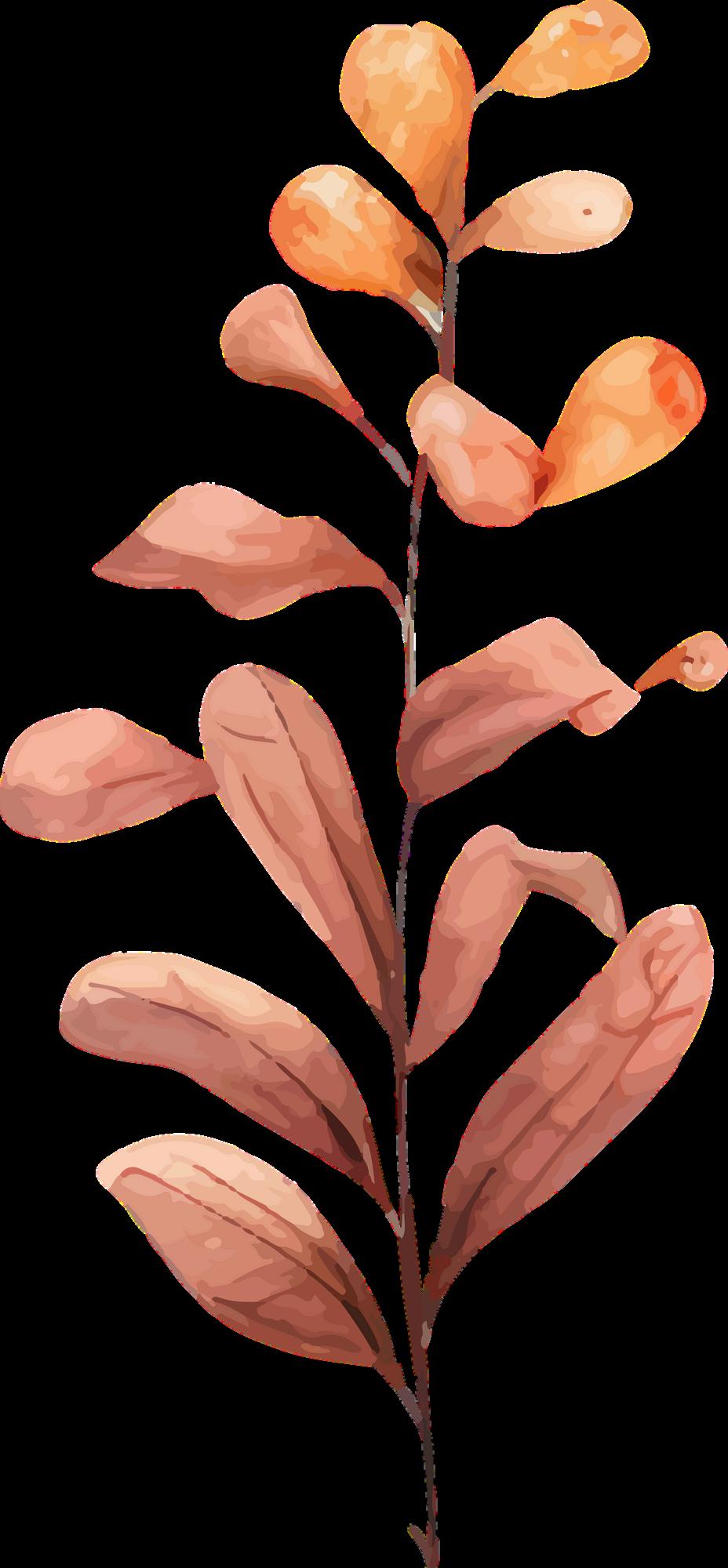
BY: ISABELLA DEDDA
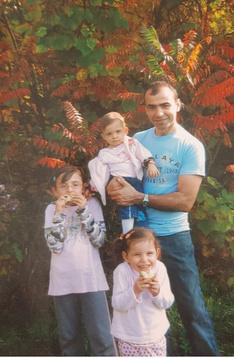
Every autumn, as the leaves began to turn shades of gold and red and the air became crisp, my family and I would make our annual trip to the apple orchard. It was our family tradition: every year we would squish into our battered 2001 silver Honda and make the one-and-a-half-hour journey to a small family-owned apple farm. On the drive to the farm, I used to press my tiny nose against the cold window and admire the scenery: long winding roads next to fields, small farms with cows and horses and the gleam of golden sunlight passing through the autumn leaves making the trees appear as if they were glowing. When we arrived, the smell of earth and sweet apples greeted us along with the cooler wind reminding us of the changing seasons.
My father taught me to look for the best apples among the branches. My sisters and I would trade our best finds, competing to see who could pick the largest, ripest, most perfect apple. When my dad would lift me up to reach the highest branches I remember feeling the fleeting reminder of the simple joys of childhood—the feeling of being able to reach up without the fear of falling because you knew someone was always there to catch you. Despite our ever-changing lives and growing older, the farm seemed to stay the same year after year as if it were a photo a snapshot frozen in time. We started going to the farm when I was a baby still in my carriage. Two years later, I was wading through the dewy grass excitedly with my mom holding my baby sister. Although our family grew and changed, the farm was a comfortable reminder that some things stay the same. The farm had rolling fields of apple trees and was connected to a small brown barn where people could purchase homemade apple pies and warm apple ciders after they went apple picking.
We would park on the gravel earthy road and walk past the brown wooden fence with a worn-out vintage sign that read “Al Ferry Farm” in sloppy red letters with two apples drawn in faded red and green chalk next to it. There was a pond near the farm with ducks and frogs and lilypads. My younger sister used to take the small pebbles on the road and skip them across the minuscule pond. As we grew older, the farm became less of a place of discovery and more of a place of comfort. It was a part of our past and we cherished those sunny days in the dewy grass picking and eating apples to our hearts’ content. The apples that we collected were used to make pies, cooked apples, apple jam, and other baked goods which preserved the memories we made on those autumn afternoons.
Then, on a regular Saturday afternoon in mid-October, when the weather was much colder than usual, we took our old car up the winding road to Al Ferry. When we arrived at the wooden gate, we saw the old sign with the sloppy red letters but below it was another sign that made my heart drop: “Apple Orchard Permanently Closed - Land For Sale.” At that moment, I felt like the temperature had dropped to below zero. The familiar place we used to spend fall afternoons was closed—its final harvest was gone. The unexpectedness of seeing this sign made me sick. Instead of being greeted with the smell of fresh apples and a fresh breeze—the buzz of construction filled the air and it smelled like concrete—something industrial. My father asked one of the construction workers what was going to happen to the land and he shrugged nonchalantly: “Probably another building.” My heart sank. The beauty of this farm filled with memories, was about to be destroyed and replaced with a concrete building. I felt angry at the construction worker who didn’t seem to care that such a beloved place to our family was being torn apart. Slowly, we turned away from the farm and back towards our car. The drive home was a silent one. Years went by and we kept searching for a new farm where we could go apple picking. . . .but nothing compared to Al Ferry. Something I hadn’t realized before in my youth and naivete was the constant change that life brought: the ever-changing seasons. We cannot control the warm summer air altering to the cool autumn embrace, or when the first frost will come, or when the leaves will change from dark green to golden brown. In the face of change, one thing remained the same - our family will always have each other. The orchard may be gone but the harvest of our family and the memories we created remains.
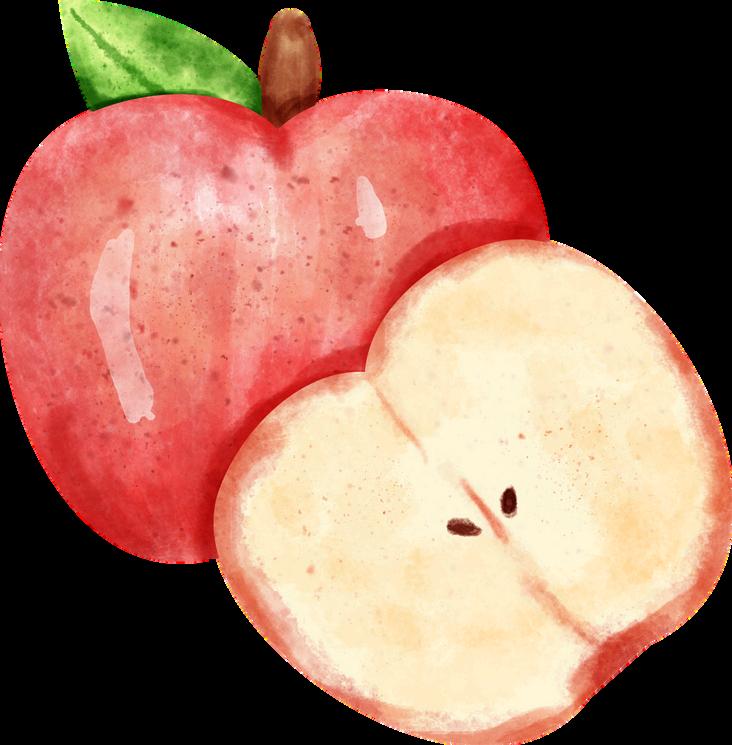

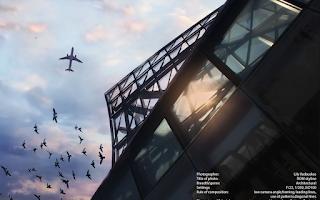
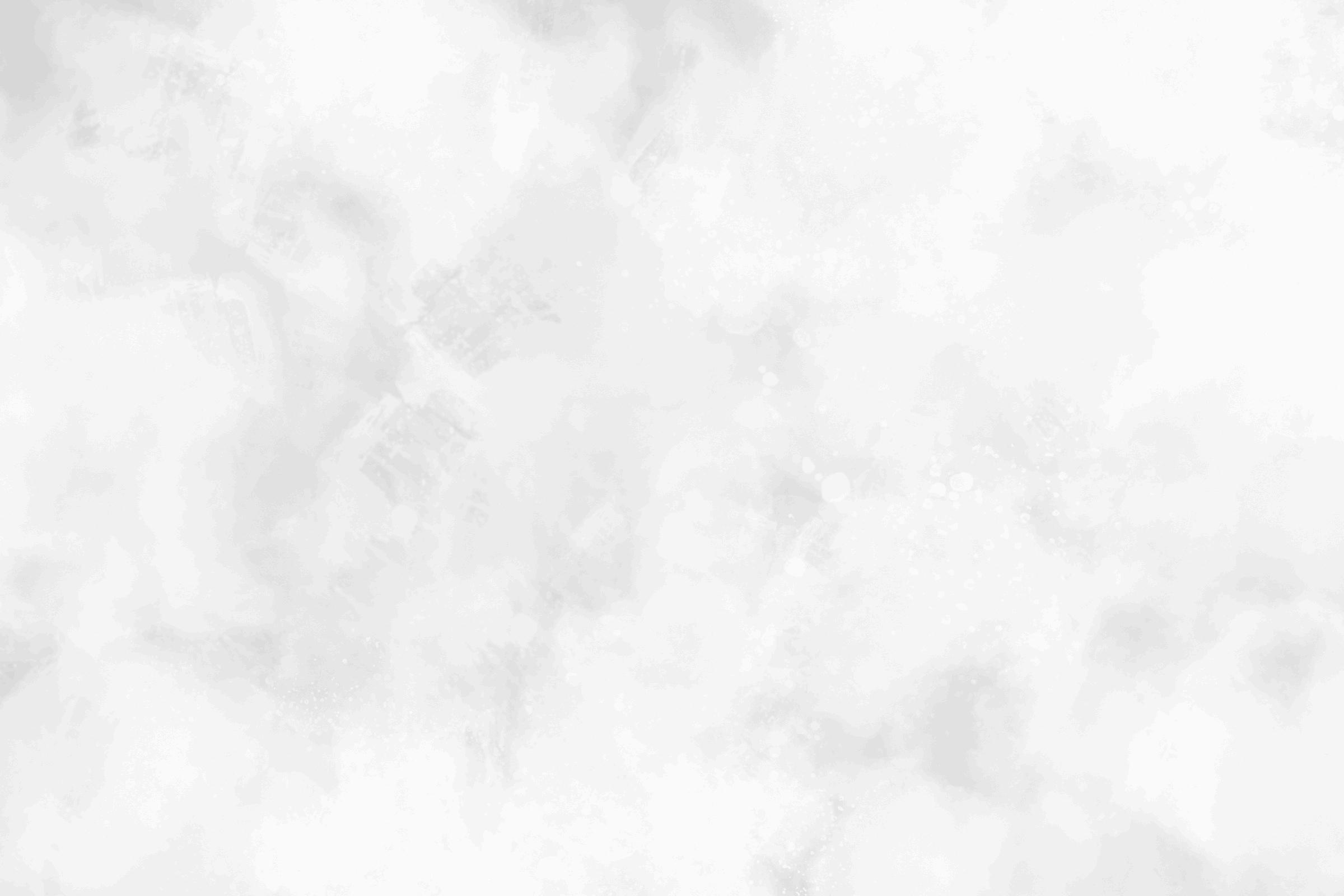

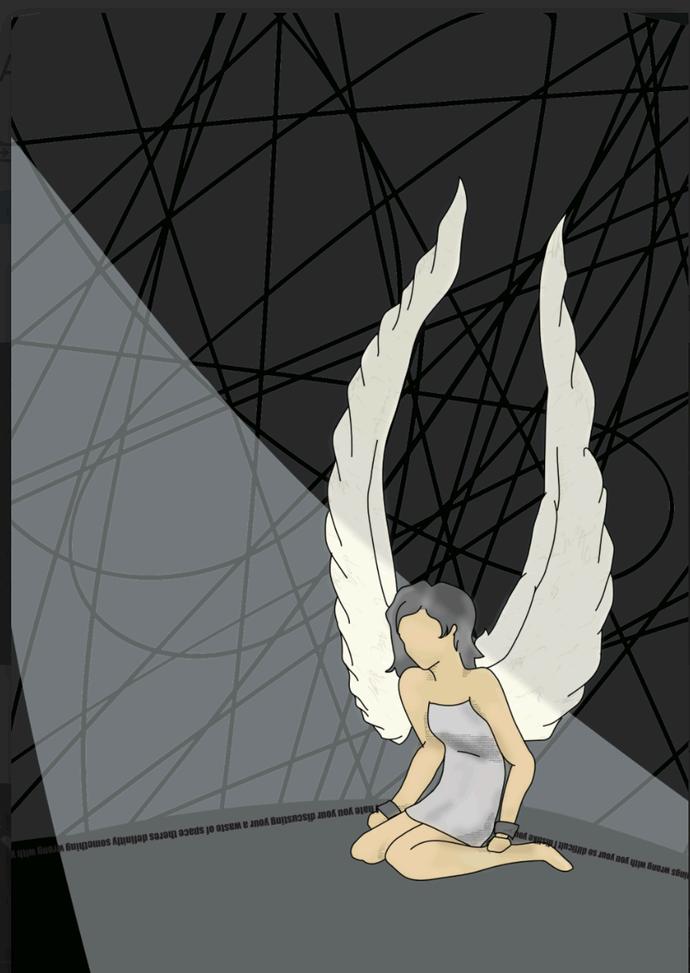



ROSE MACISAAC, GRADE 11

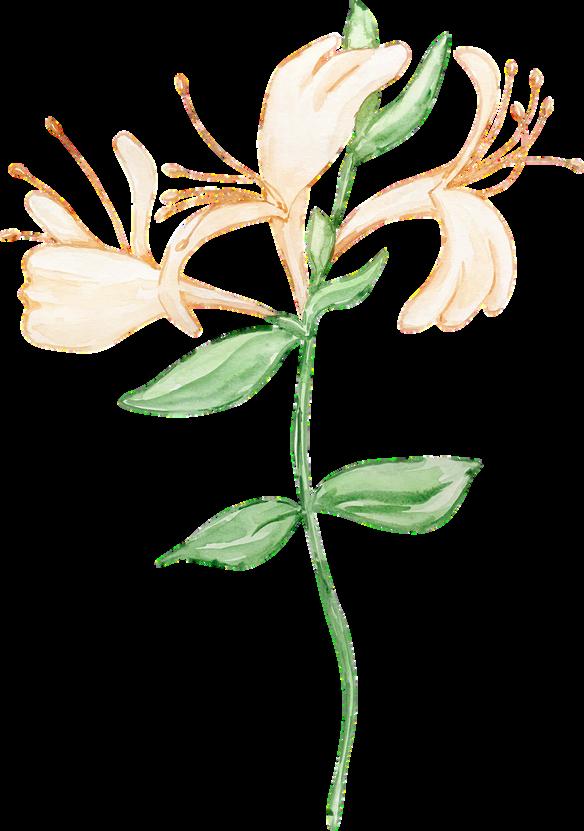
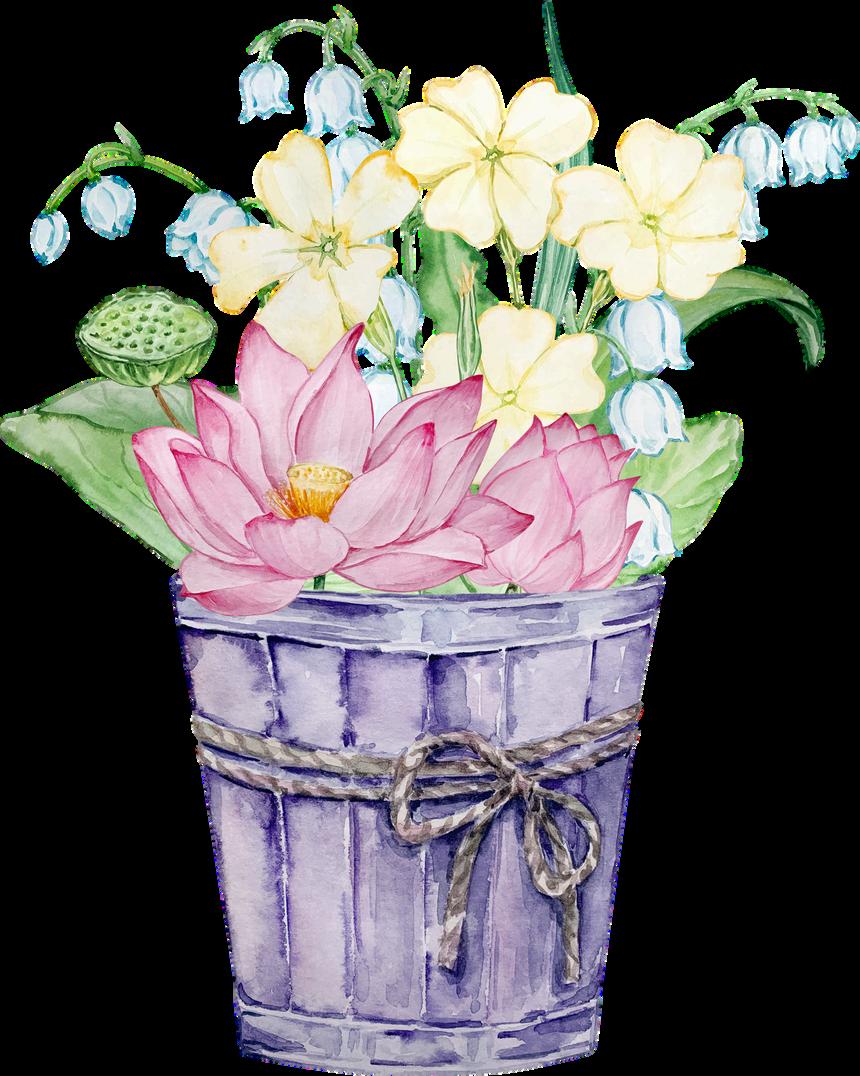

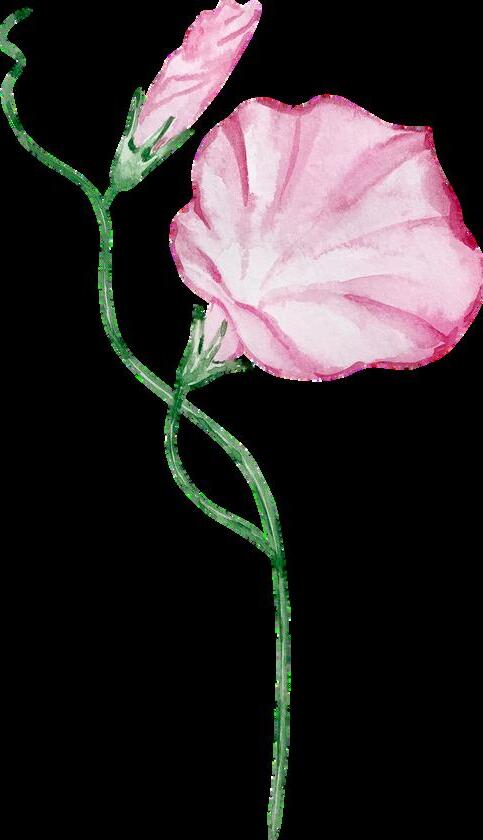
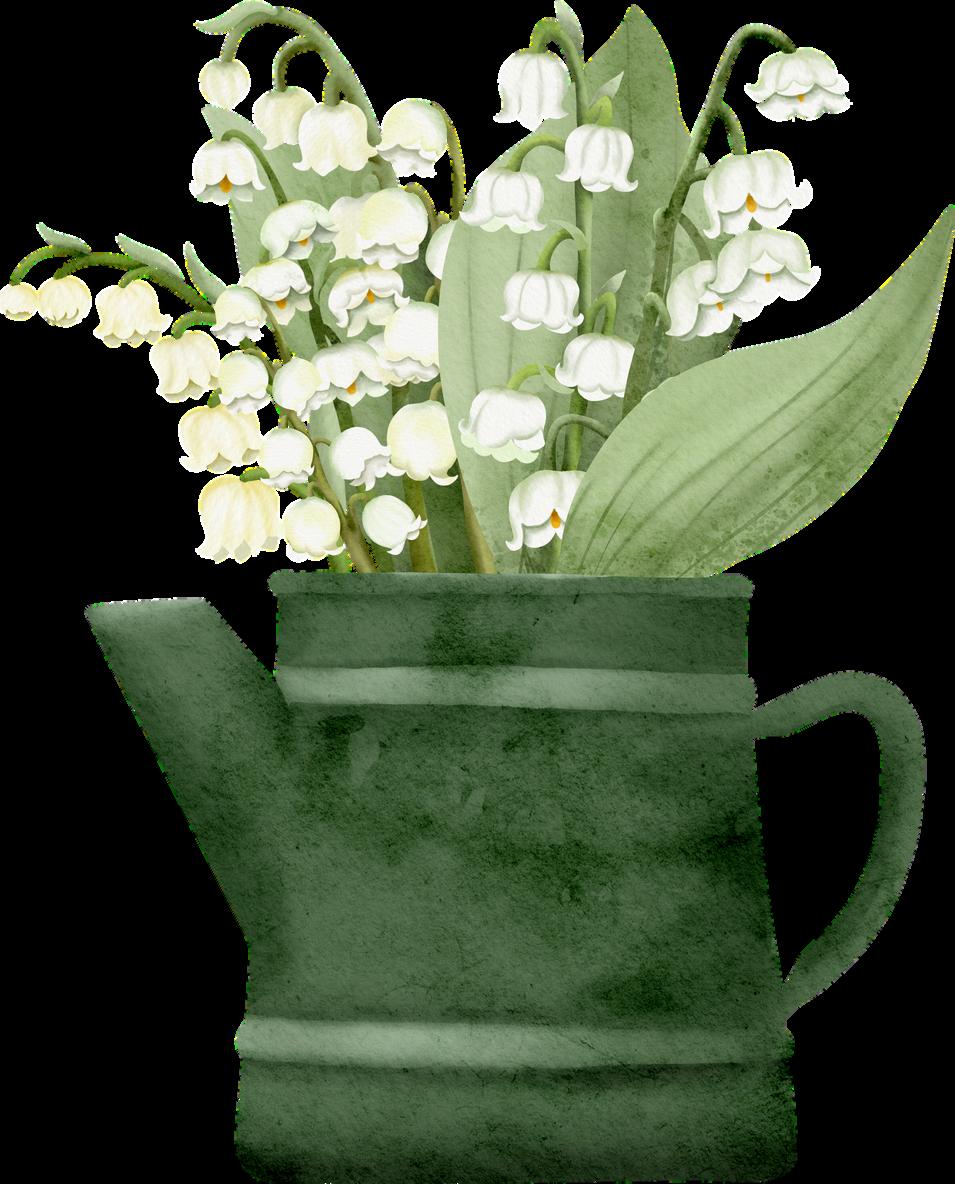

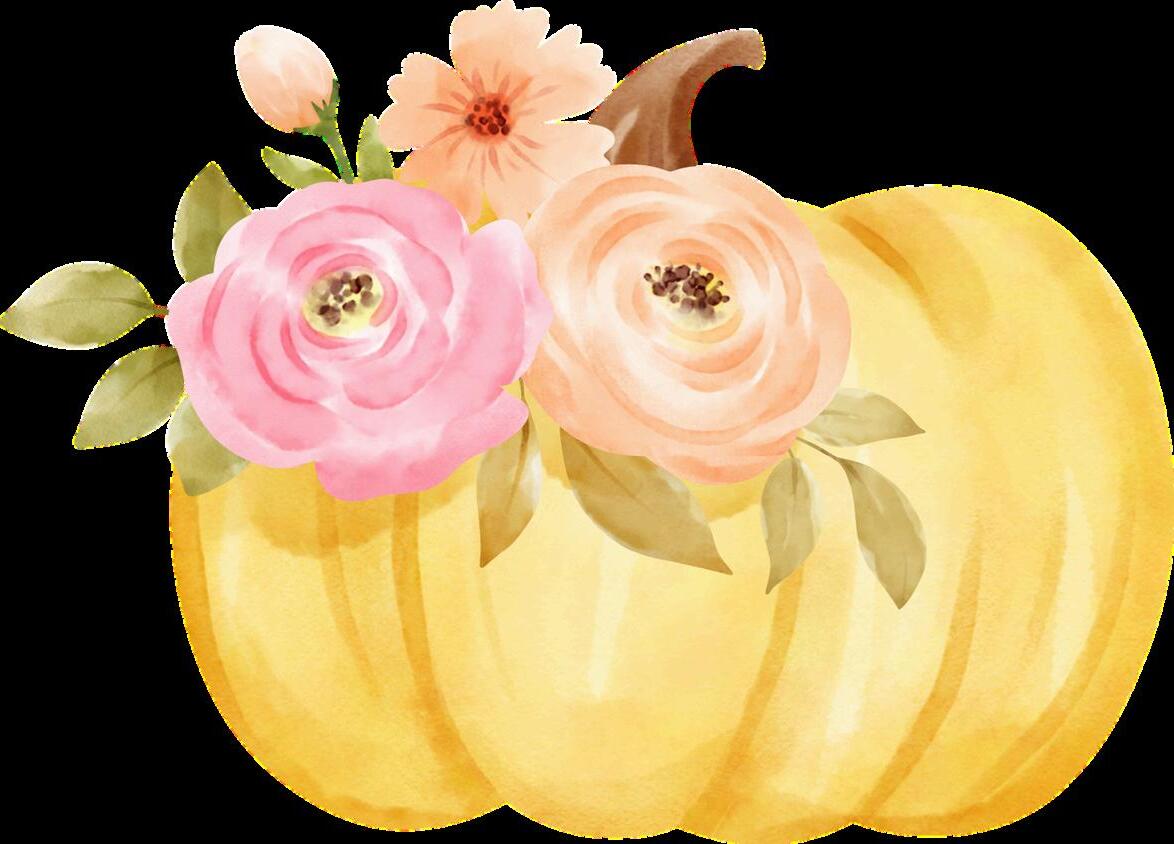
Four round covers, varying in size, rest suspended
Above the rippling blue waves of both lakes. Their purpose? Guards, trying desperately to hide The gemini wonders away from the hungry world. Nestled along the guardians’ rims are geysers That lash out curling black smoke.
Camouflaged below the blue basins, A solid bump in the land Expands across the southern side. Its rounded nature juts out ever so slightly, Like mountains aged by time’s passing.
Awestruck, I focus in on a different landmark. This one looks like a river valley, Its rounded edges so plump and vibrant red That I forget it’s only sandstone.
The last part of the beautiful view Can be seen at the very bottom: A hill, dotted with shrubs and swaying grass, Dancing along with the wind’s moves.
As I gaze out onto the landscape a final time, Its beauty truly blinds me; For I can only find this kind of view When I am looking right at you.
You are my Landscape.
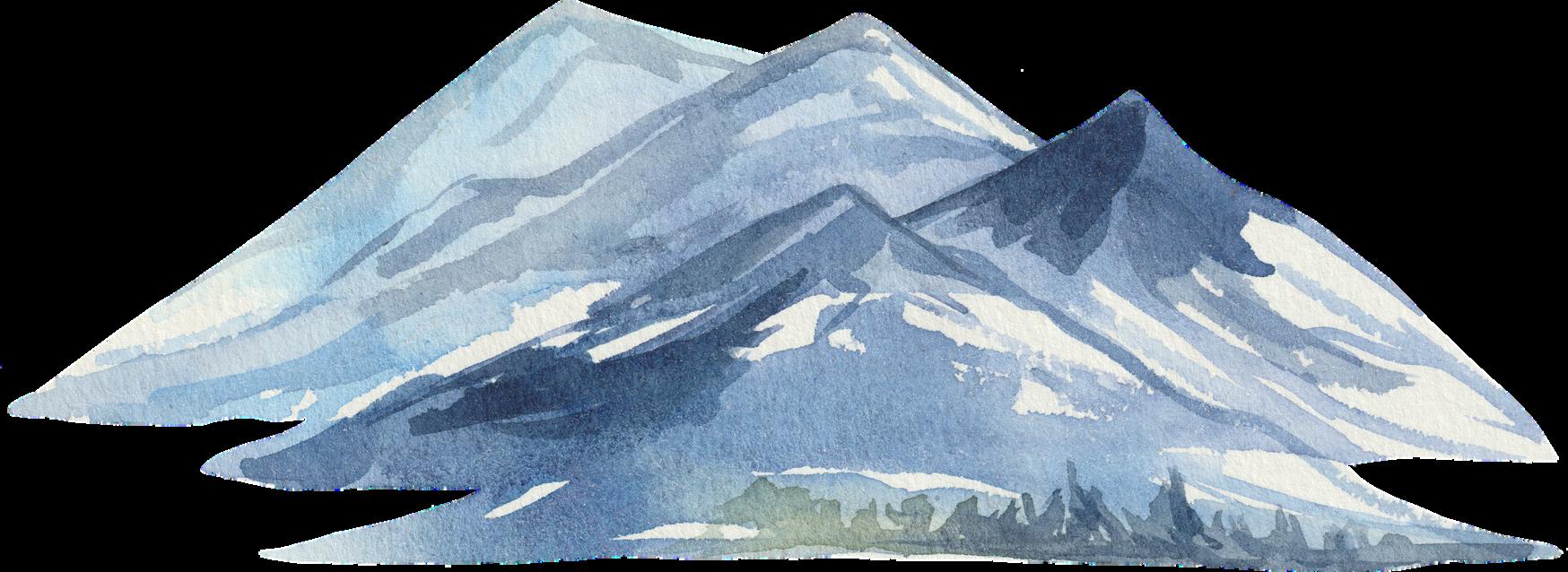
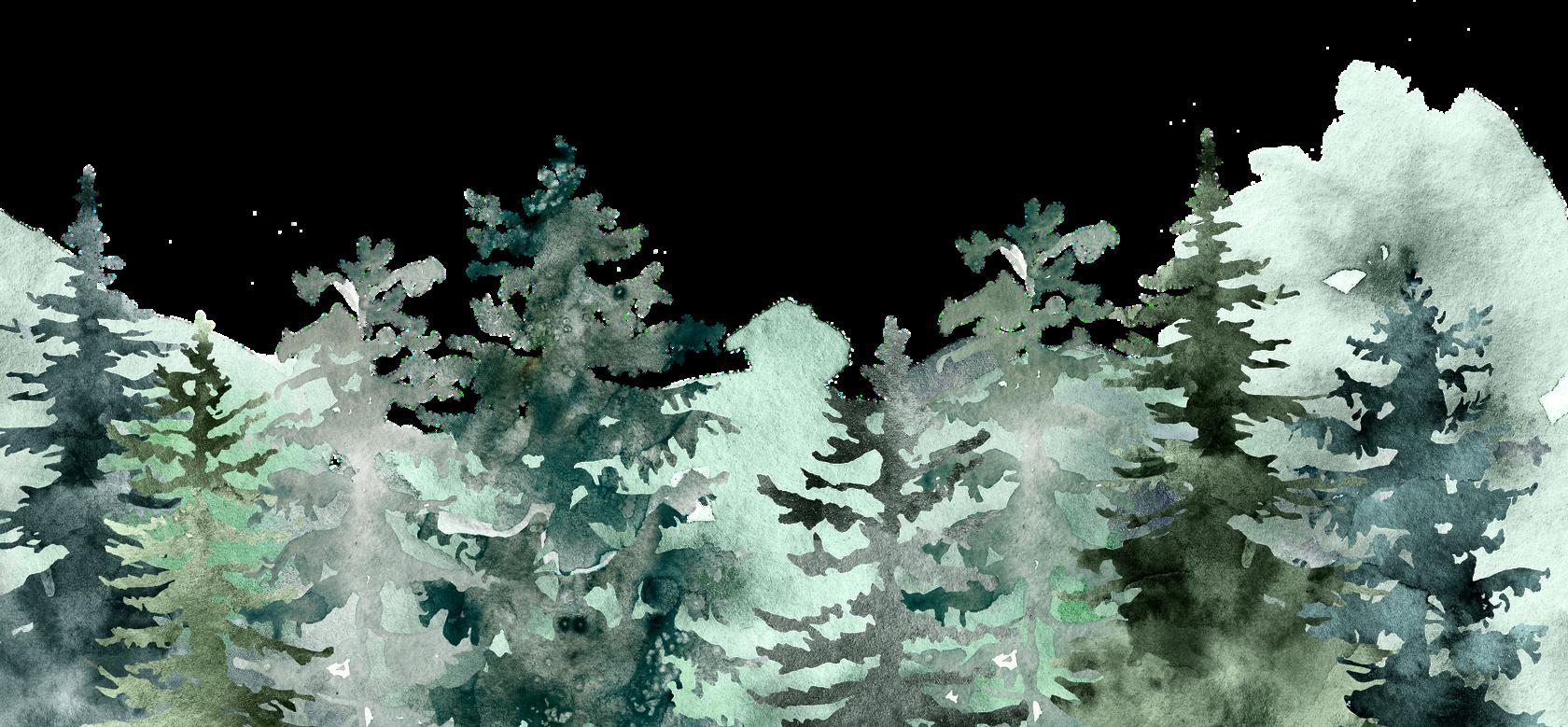


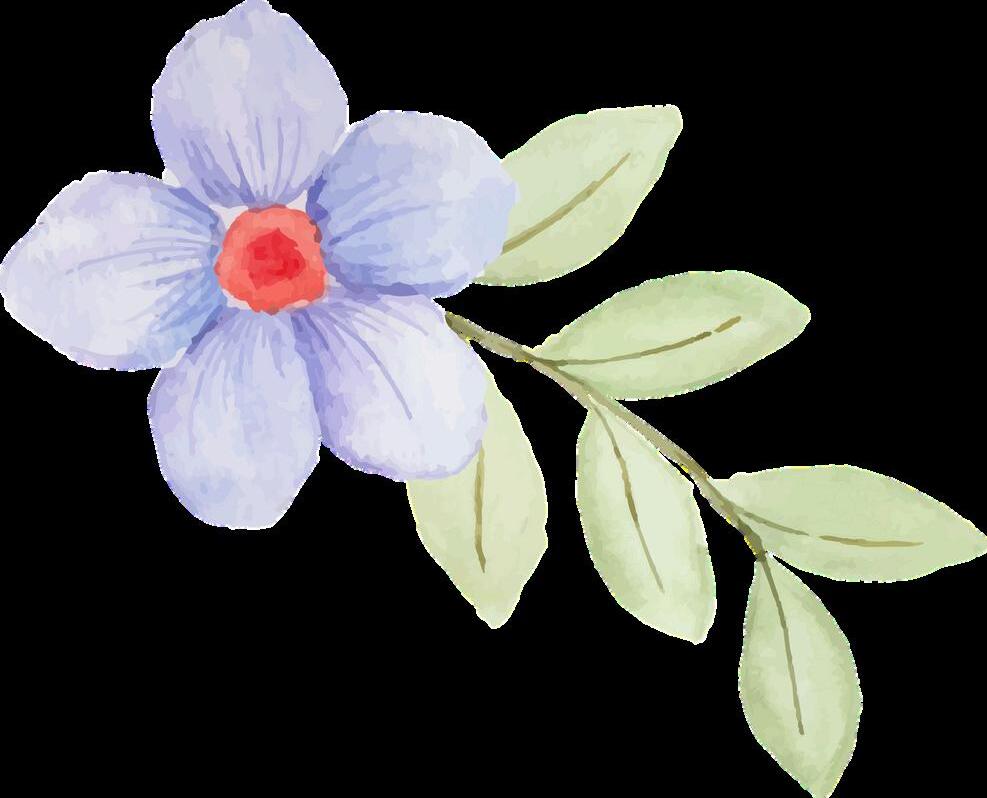
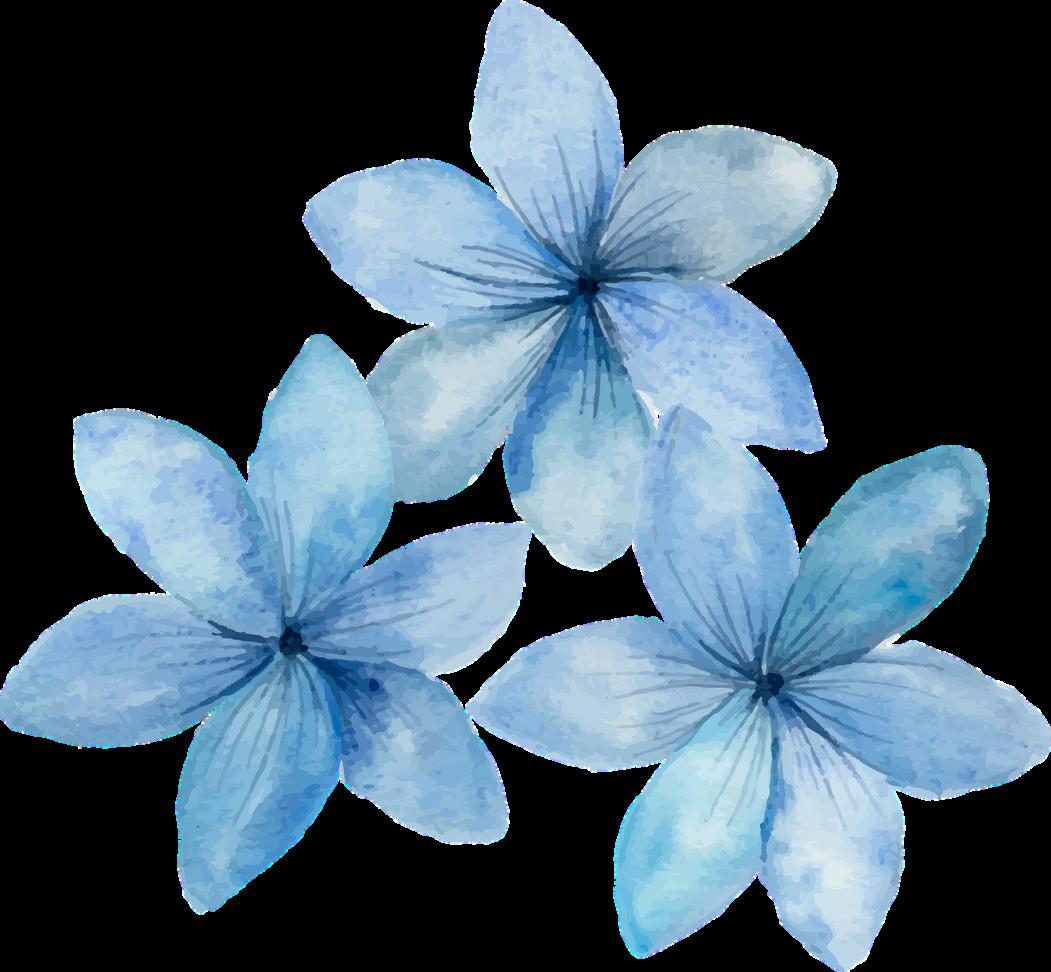

BY: KATIE MCSWEENEY
WINTER BLUES
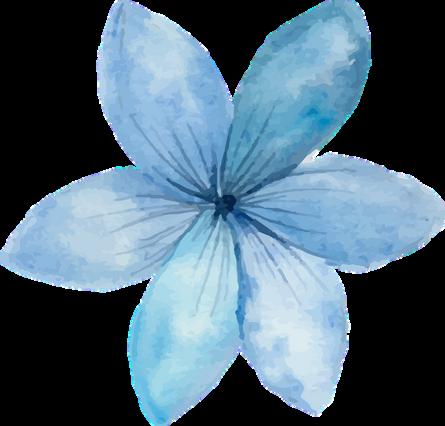
HUSH NEVER FALLS THE SAME WAY IT DOES WHEN WINTER SWEEPS IN.
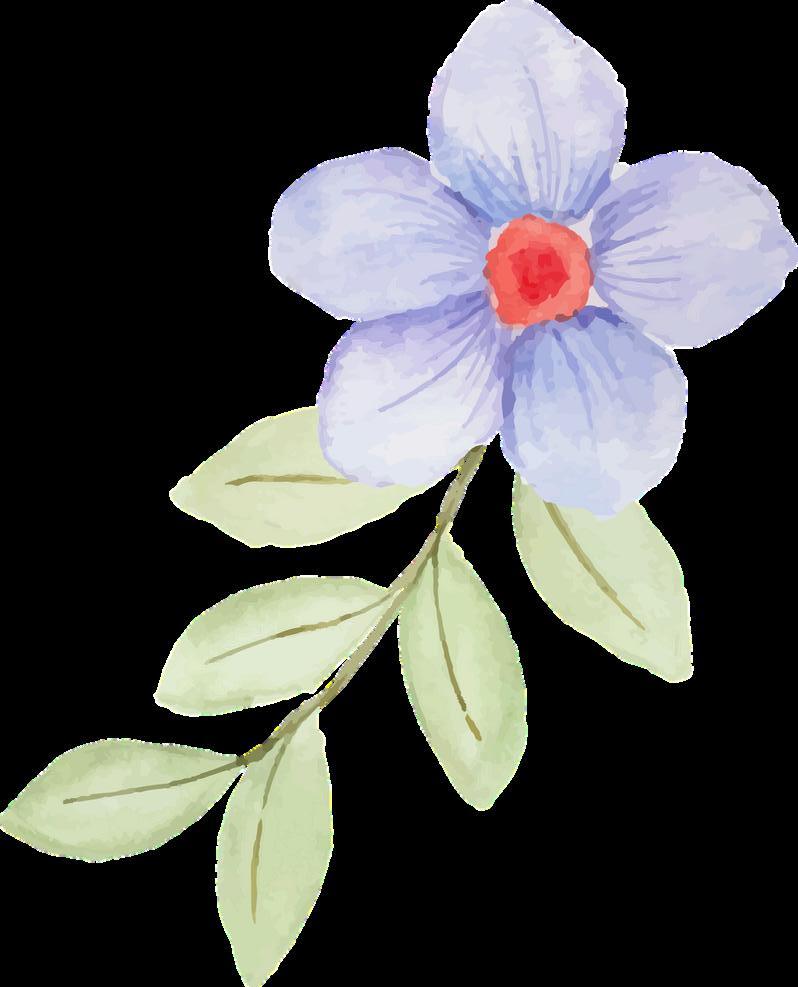
OVERNIGHT, A DARK WORLD CAN BE TURNED FROM A PLACE OF WET, ROTTED COLD
TO A MAGIC WOVEN DREAM MADE OF MARSHMALLOW, AND MILLIONS OF WINKS.
MY FAVOURITE PART OF WINTER COMES PAST THE REDS, GREENS, AND
MISTLETOE ON MANTLES TOO. MY FAVOURITE WINTER IS WHEN IT’S BLUE.
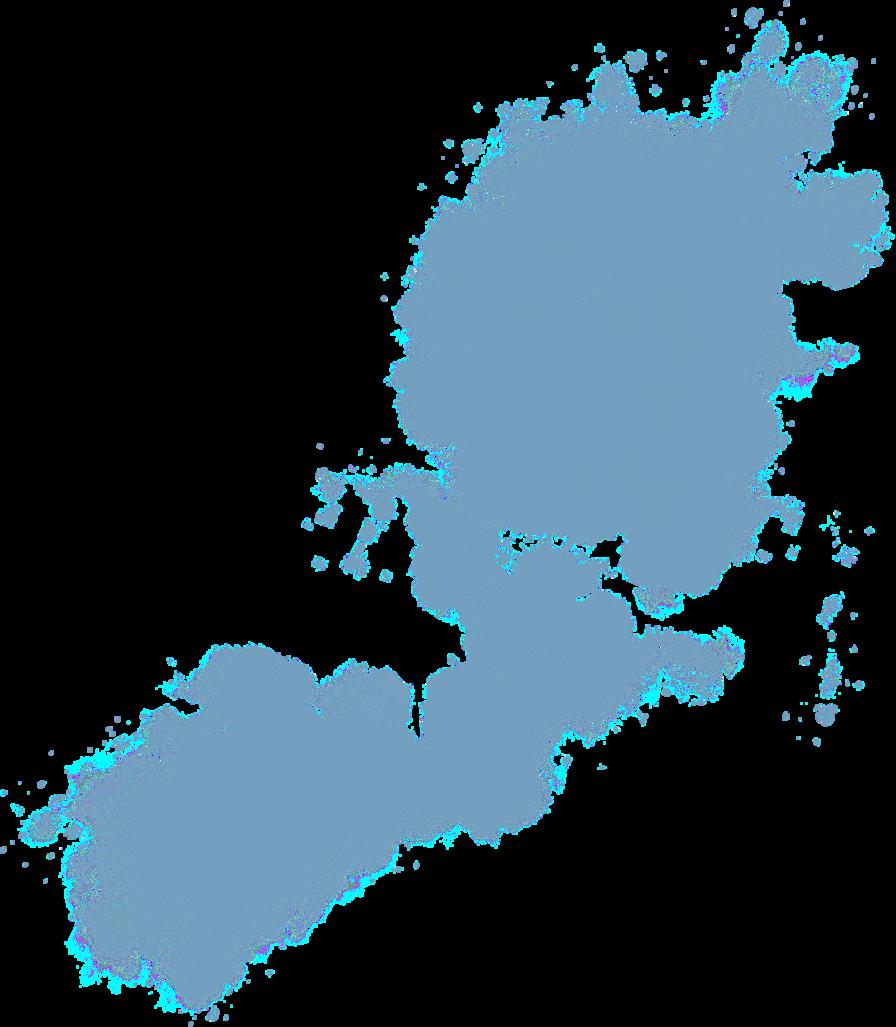
WHEN THE AIR PROMISES A RAIN TRANSFORMED INTO A MILLION FLAKES FALLING,
REFRACTING THE SUNLIGHT, AND CRUNCHING UNDERNEATH EACH AND EVERY TREAD.
I WOULD URGE ANYONE WHO DOES NOT YET SEE EXACTLY WHAT MAKES WINTER SHINE

WELL, TO LET GO. LET THE COLD TURN YOU ALIVE, AND
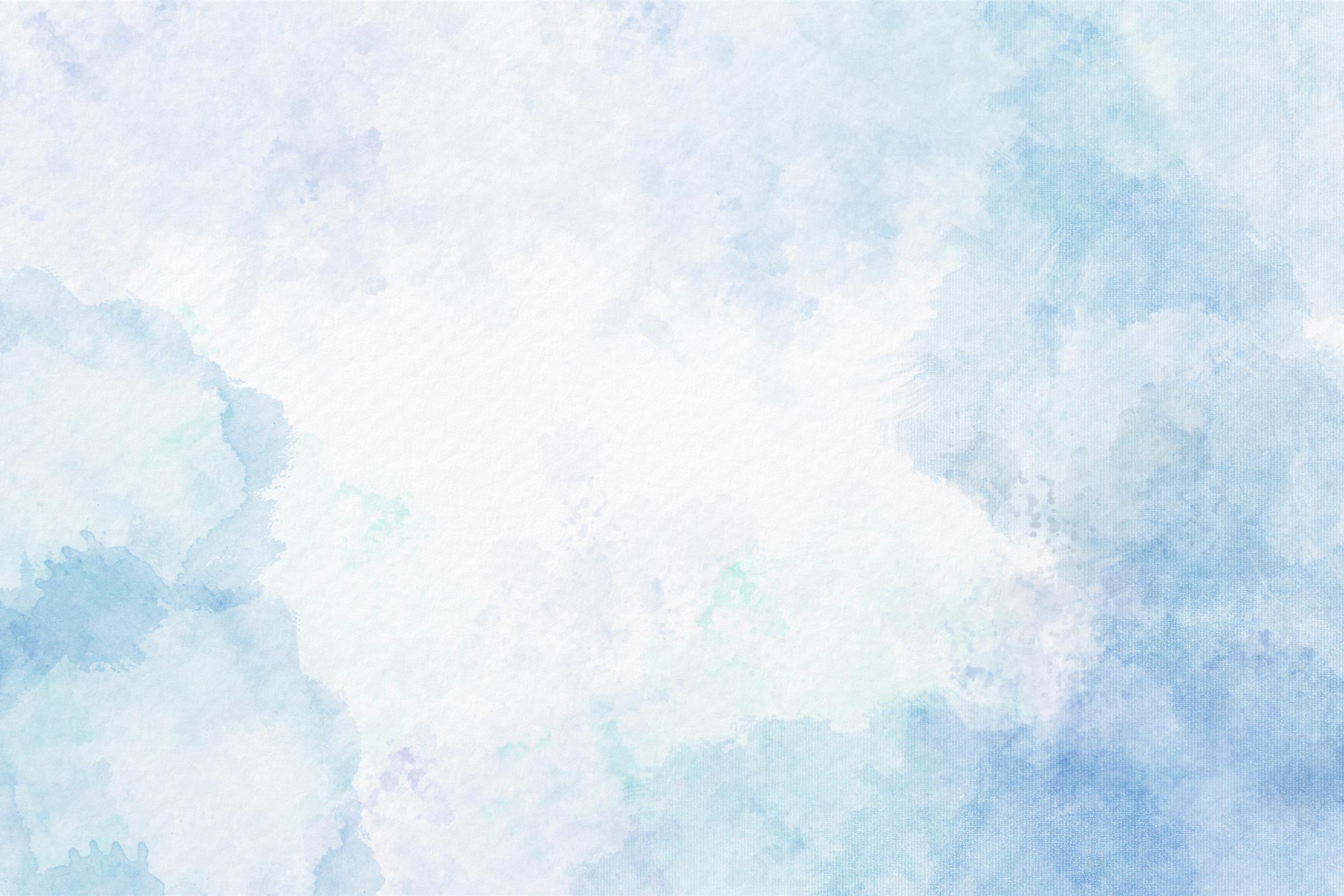

.
Accidental, yet more than I deserve,
meaningless glances across a bus
mean everything to the butterflies,
awakened, now brushing the walls
of my void, fluttering on the sides.
They want more,
but I bind their wings, I need to resist,
though every minute I do, they flutter faster,
fragile wings accentuating the depth of the void
that cannot hold them still.
Maybe a soft reminder that they are allowed to fly
is enough to quiet them,
reassurance that their instincts
are only their nature,
they have been granted wings, after all.
But still, I know they will never be settled,
not when they chase
the things I can’t give them.
In their flutter, my insides fall apart,
I seek respite outside myself.
The glimmer of stars always catches my eye,
I cannot resist when their shine is a promise,
their light a way to fill the void,
suffocate the butterflies, and maybe,
I can glow like they want me to.
I feed them to the void, swallow them whole,
burning my throat on the way down.
Starlight turns to ash when it meets stomach acid,
stars become shards as they settle within.
The promised light is dead.
Now just their weight remains,
heavy as guilt, sharp as regret,
piercing the fragile walls
of my overflowing void, just as demanding as an empty one.
Fullness: a temporary feat destined for cyclic failure.
Because inside, the butterflies fight back, and they win,
nature always wins.
They fly back up my throat, carrying the broken stars with them, for the stars never belonged inside me, and this isn’t what the
butterflies asked for.
They spit the dead light back out.
Embers burn my throat a second time,
shards impaling my mouth, shredding my lips,
blood coats my teeth and reduces the stars to plasma.
It lands in my palms, and I see myself staring back at me in the reflective surface of my mutilation.
The price of my longing, face puffy, eyes bloodshot, tearstained, I use these eyes to watch others glow, lovers shine, and while they taste tongues, I taste blood.
Should I accept the flutter of the butterflies, rather than crush them?
And let the void eat at my body, rather than filling it with things that only die inside me, things that just return to the surface, and in their dying, kill me, too?

